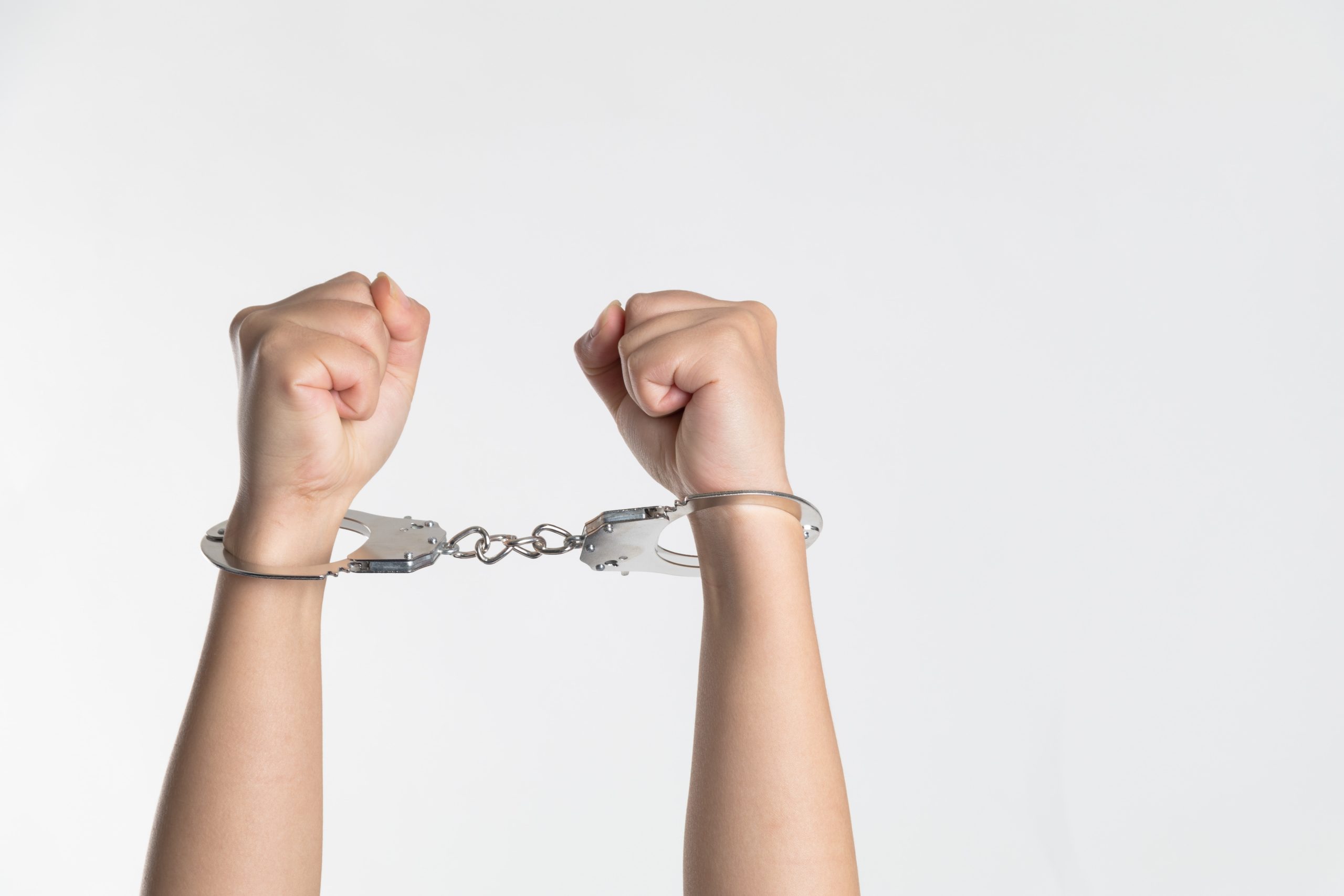What was once considered taboo has now become widely accepted for medicinal and recreational use across society, yet with this acceptance comes its undeniable reality – addiction. With its increasing popularity comes greater need for effective treatments; therefore we will explore this area further here in this article, exploring challenges, strategies, and potential ways out.
What Makes Weed Addictive?
The appeal of marijuana lies within its active constituent delta-9-tetrahydrocannabinol (THC). THC engages the reward center of our brains, producing feelings of euphoria and relaxation that may increase over time as tolerance sets in; increasing doses could become necessary in order to experience desired effects, creating the possibility for addiction and dependency.
Impact on Physical and Mental Well-Being
Weed addiction treatment can have devastating repercussions for both physical and psychological well-being, from respiratory conditions and impaired cognitive performance, to worsened anxiety or depression that leads to cycle dependency to cope with such feelings.
Watch Out for Changes
Keep an eye out for changes in behavior such as withdrawal from friends and family, neglect of obligations or decreased performance at work/school as signs that someone could be becoming addicted to marijuana.
Psychological Symptoms
Affecting mood swings, irritability or becoming fixated on finding and using marijuana could be indicators that there may be something else at stake that needs immediate attention. These psychological red flags could point to deeper issues which need addressed as soon as possible.
Starting the Path to Recovery
Breaking away from marijuana dependence often starts with self-awareness and engaging in healthier activities that set goals, form support networks and can spur motivation to quit smoking weed.
Professional Interventions mes Securing help from professionals is an essential first step toward healing. Therapists provide personalized strategies while support groups provide community.
Cognitive Behavioral Therapy (CBT)
CBT helps individuals identify and alter negative thought patterns and behaviors associated with cannabis use, equipping them with skills necessary to cope with cravings and triggers more effectively.
Motivational Enhancement Therapy (MET) MET aims to strengthen an individual’s internal motivation for changing their behaviors by engaging them in open conversations where therapists elicit self-motivating statements which reinforce a desire to change.
Family Support Systems Involve Your Loved Ones
Enlisting loved ones as resources during recovery is vitally important; open communication, setting clear boundaries, and including them in your journey toward sobriety provide essential protection and ensure success of sobriety.
Group Therapy Sharing experiences with peers experiencing similar struggles provides a sense of connection and helps reduce feelings of alienation. Group therapy offers an environment to learn from one another as well as celebrate milestones together.
Holistic Healing mes Yoga and Mindfulness. Both practices enhance awareness of oneself while relieving stress. Through them, individuals gain tools for managing cravings and triggers while creating an overall healthier connection between mind and body.
Art and Music Therapy
Expressive therapies provide individuals with alternative outlets for emotional release. Engaging in creative pursuits can increase self-esteem while aiding individuals to process underlying issues more easily.
Medication-Assisted Treatment (MAT) Pros and Cons
Medication Assisted Treatment (MAT) combines medication and therapy in order to address addiction. While MAT may assist in managing withdrawal symptoms, careful consideration must be made as there may be side effects and potential dangers involved with it.
Types of Medications
Certain medicines like buprenorphine and naltrexone may help alleviate cravings and prevent relapse; however, these should always be used under medical supervision.
Navigating Relapse Triggers and Coping Strategies Relapse can be an integral part of recovery; by understanding triggers, creating effective coping mechanisms, and seeking support individuals may find they can regain strength more quickly and move towards sustainable recovery.
Learning From Setbacks
Relapse does not have to be seen as failure – rather, it should be treated as an opportunity for growth and learning. Analyzing what caused it can provide crucial insight for ensuring future success.
Rebuilding Relationships Recovery requires rebuilding the relationships that were damaged by addiction. Open communication, making amends where needed and showing consistent change are key steps toward this end.
Rediscover Your Passion and Set Goals
Uncovering new passions and setting new goals can give life more purpose beyond addiction. Discovering exciting opportunities can open the path towards a brighter future.
As your journey continues, remember that beating weed addiction requires time and hard work – each step toward sobriety should be celebrated.







